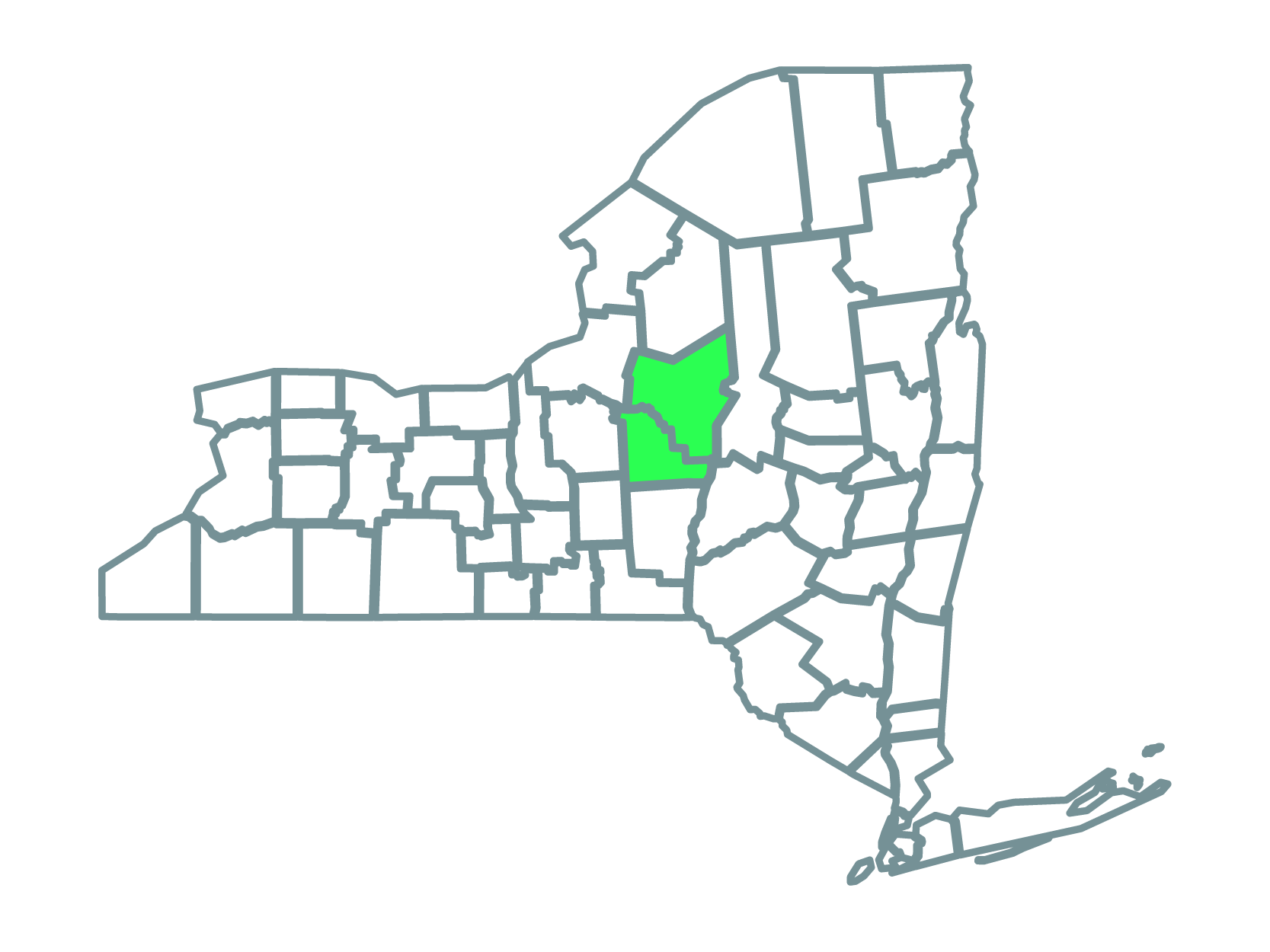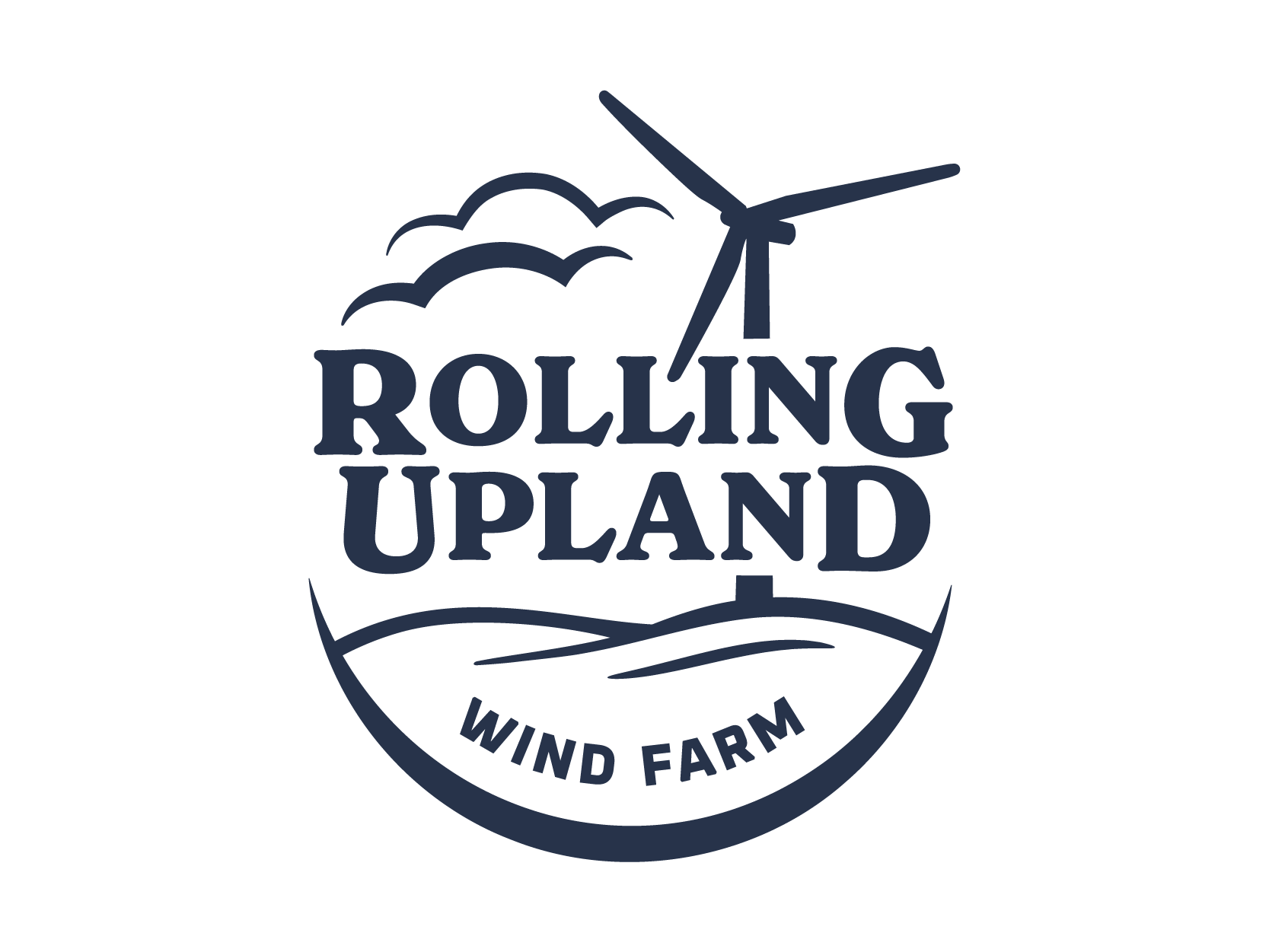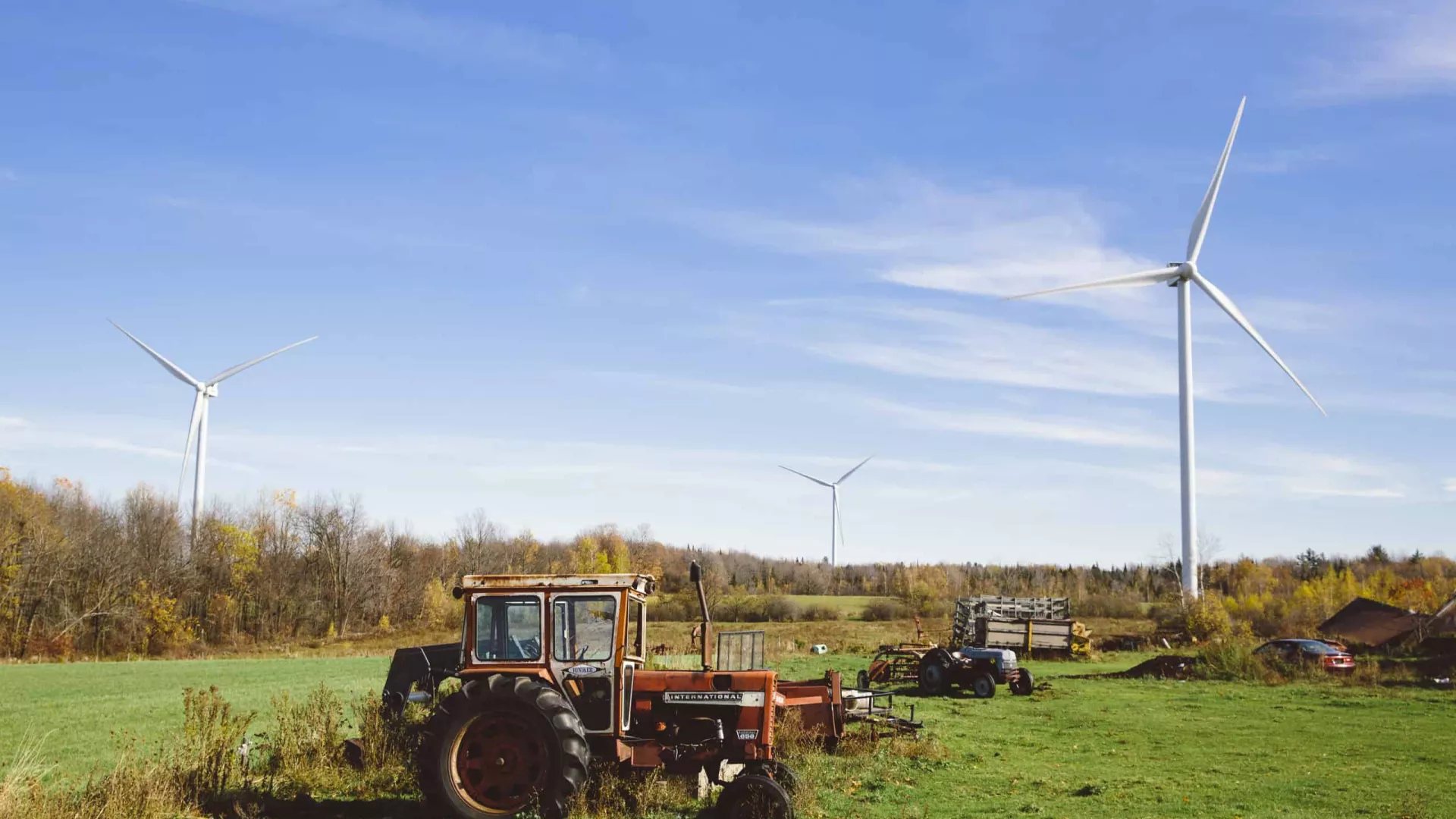
Rolling Upland Wind Farm
Wednesday 14, October 2020
Installed capacity of 79.8 megawatts
Project overview
Rolling Upland Wind Farm will be located in Madison and Sangerfield townships in Madison and Oneida counties. The project will be adjacent to EDP Renewables’ Madison Wind Farm, the first commercial wind farm constructed in New York, and will complement the area’s mixed landscape and provide local landowners with a stable, weather-resistant cash crop in the form of landowner lease payments.
Economic benefits
Rolling Upland Wind Farm yields significantly in the form of payments to landowners, local spending, and annual community investment. Rolling Upland Wind Farm is also compatible with other land uses and provides a stable form of income to local landowners.
$160 million+
Capital investment
Millions of dollars
Paid to local governments
Millions of dollars
Paid to landowners
Millions of dollars
Spent locally
Jobs
Multiple permanent and hundreds of construction jobs will be created
Renewable energy technology
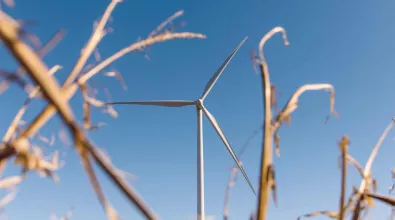
Energy security
Energy security
Rolling Upland Wind Farm helps strengthen energy security for the state of New York and the U.S., helping diversify domestic supply.
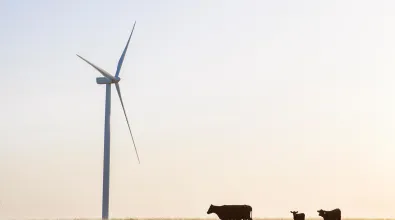
Wind energy and land use
Wind energy and land use
Wind turbines have a limited footprint, leaving 98% of the project’s leased land available for farming, or wildlife habitat.
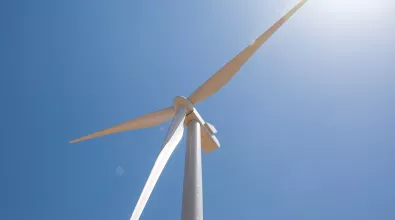
Wind energy and American manufacturing
Wind energy and American manufacturing
450+ American factories produce parts and materials for the U.S. wind industry, which employs 130,000+ Americans.
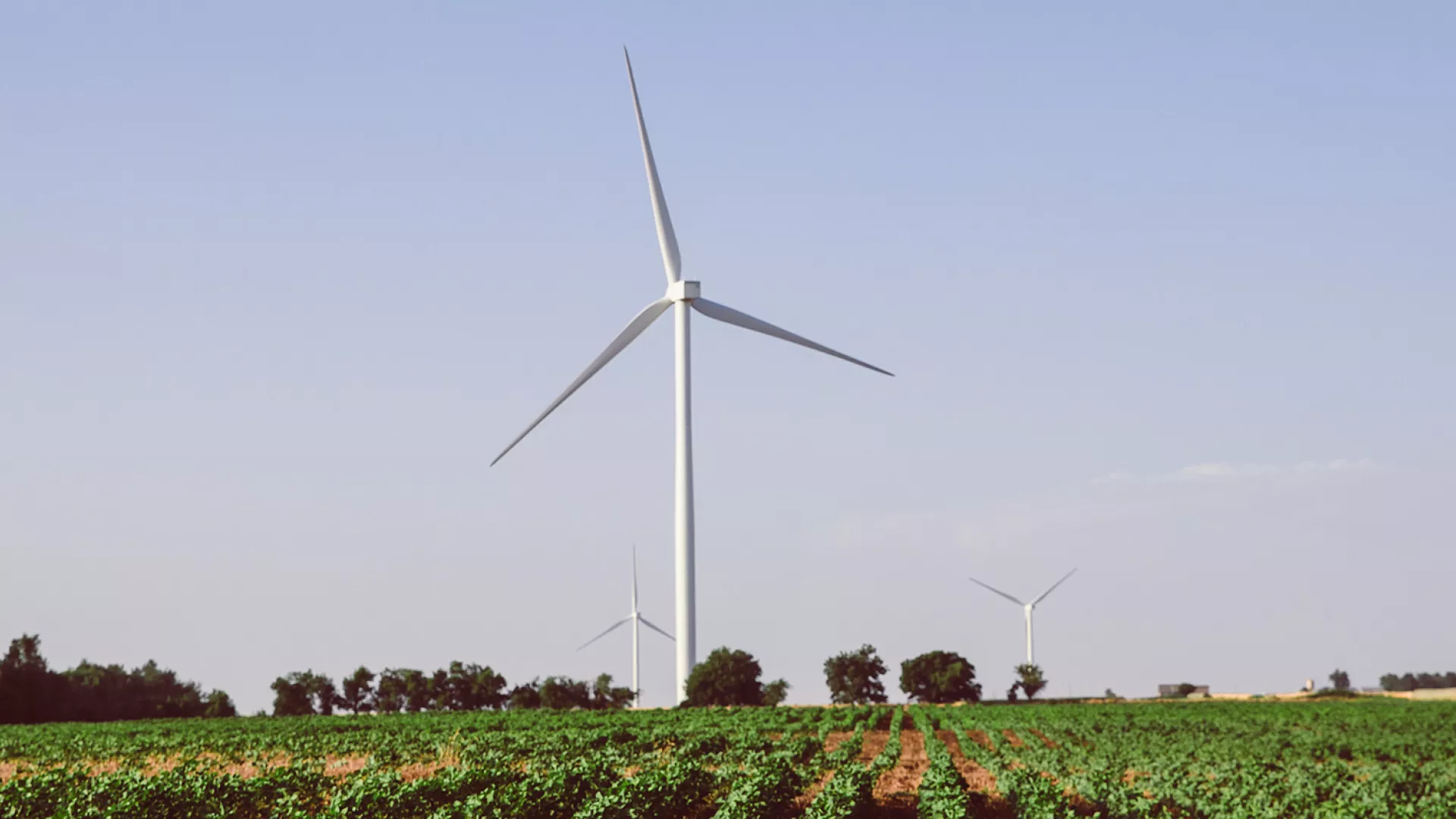
572 million gallons of water saved each year
Rolling Upland more than 572 million gallons of water each year and prevents the air pollution that causes smog, acid rain, and climate change.
Contact us
Rolling Upland Wind Farm
Western Regional Office
710 NW 14th Avenue, Suite 250
Portland, OR 97209
713.205.1383
info@edp.com
Sign a Letter of Support
1756487836
